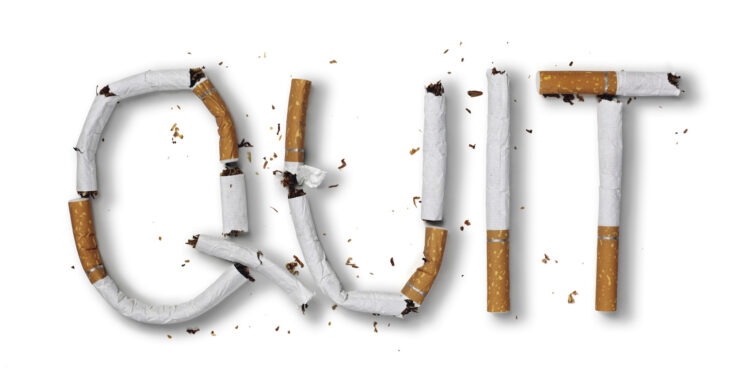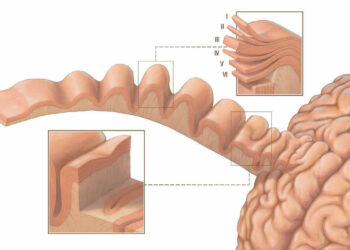By World Now,
Date: May 31, 2025
GENEVA — On the occasion of World No Tobacco Day 2025, health professionals and organizations across the globe are amplifying the importance of quitting smoking, not just through medications but more importantly, through personal willpower and informed choices. While modern medicine offers a variety of aids to help smokers quit, experts agree that the most powerful tool remains the smoker’s mental determination.
Quitting smoking is not just about overcoming a habit—it’s about reversing the damage inflicted by years of addiction and improving both individual and public health outcomes. This article delves into the process, the challenges, and the remarkable benefits of quitting tobacco, based on recent medical studies and global health guidelines.
Two Approaches to Quitting: Cold Turkey vs. Gradual Reduction
Smokers trying to quit generally fall into two groups:
- Cold Turkey – People who stop smoking all at once.
- Gradual Reduction – Those who taper off cigarette or bidi consumption over time.
While some succeed with the first method, most individuals benefit from a more measured, gradual approach. Suddenly quitting can lead to withdrawal symptoms that can discourage even the most committed individuals.
Why Sudden Quitting Can Be Challenging
Medical experts note that when someone abruptly stops smoking, the body reacts in various ways depending on how many cigarettes or bidis were previously consumed and for how long. Common withdrawal symptoms include:
Frequent headaches
Palpitations and chest discomfort
Insomnia or restless sleep
Irritability and mood swings
Mild tremors in fingers
Depression or emotional low points
Without proper support or awareness, these symptoms can push individuals to resume smoking. This is why doctors often recommend reducing the number of cigarettes step by step while combining the effort with counseling, nicotine replacement therapy, or prescribed medications.
Medical Aids and Behavioral Support
Modern medicine provides several tools to help individuals quit smoking:
Nicotine Replacement Therapy (NRT): Gums, patches, sprays, or lozenges to reduce cravings
Prescription Medications: Such as Bupropion and Varenicline, which reduce withdrawal symptoms and cigarette satisfaction
Cognitive Behavioral Therapy (CBT): Helps manage stress and modify habits that trigger smoking
Support Groups and Quitlines: Many countries offer helplines and digital resources for emotional support and tracking progress
Yet, as doctors frequently emphasize, these methods are most effective when combined with strong personal commitment and consistent lifestyle adjustments.
What Happens When You Quit?
According to the World Health Organization (WHO), the human body begins healing almost immediately after the last cigarette is extinguished:
After 20 minutes: Heart rate and blood pressure start to drop.
After 12 hours: Carbon monoxide levels in the blood normalize.
After 2–12 weeks: Blood circulation improves; lung function increases.
After 1–9 months: Coughing, shortness of breath, and fatigue decrease significantly.
After 1 year: Risk of heart disease is cut in half.
After 5 years: Stroke risk reduces to that of a non-smoker.
After 10 years: Lung cancer death risk is halved compared to a continuing smoker.
After 15 years: Risk of coronary heart disease becomes similar to someone who never smoked.
These health improvements not only add years to life but also enhance quality of life—less fatigue, fewer illnesses, and improved mental clarity.
Global Call to Action
Governments, NGOs, and health agencies globally are urging smokers to take that crucial first step—a decision to quit. On World No Tobacco Day 2025, health organizations are stressing the need to protect children and young adults from tobacco influence and are encouraging educational programs to raise awareness about the long-term dangers of smoking.
Conclusion: A Personal Decision with Global Impact
Quitting smoking is more than a health choice—it’s a life-saving decision. While the journey may involve physical and emotional hurdles, the results are profound and lifelong. Whether you choose to quit gradually or stop all at once, the key lies in a determined mindset backed by the right support.
Today is the perfect day to quit. Your lungs, heart, and family will thank you.
Say No to Tobacco. Say Yes to Life.
Sources:
World Health Organization (WHO)
Indian Ministry of Health & Family Welfare
Centers for Disease Control and Prevention (CDC)
Journal of Tobacco Control and Public Health





































